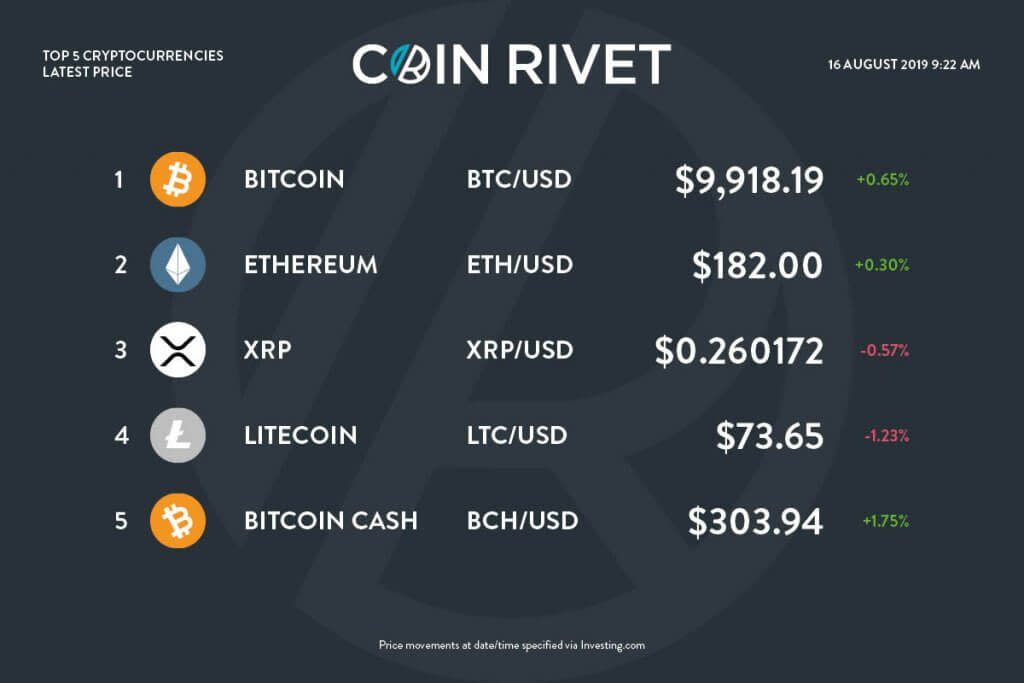Bitcoin and Cryptocurrency
Unlock business growth with data-driven decision making. Discover comprehensive guides and real-world case studies on using data analytics to inform business strategies.
Introduction to Cryptocurrency
Cryptocurrency has revolutionized the financial landscape, offering a decentralized, digital alternative to traditional currencies. As we step into 2024, the world of cryptocurrency continues to evolve, presenting new opportunities and challenges for investors, businesses, and technophiles alike. This blog explores the latest trends, technological advancements, and practical applications of cryptocurrency.
Understanding Cryptocurrency
What is Cryptocurrency?
Cryptocurrency is a digital or virtual currency that uses cryptography for security. Unlike traditional currencies, cryptocurrencies operate on a decentralized network based on blockchain technology, which ensures transparency and immutability.
How Does Blockchain Work?
Blockchain is a distributed ledger that records all transactions across a network of computers. Each block contains a list of transactions and a reference to the previous block, forming a chain. This structure ensures that data cannot be altered without consensus from the network, making it highly secure.
Latest Trends in Cryptocurrency for 2024
1. Rise of Central Bank Digital Currencies (CBDCs)
Governments worldwide are exploring Central Bank Digital Currencies (CBDCs) to modernize their monetary systems. Countries like China with the Digital Yuan and the European Union with the Digital Euro are leading the way, aiming to offer a state-backed digital currency that provides the benefits of cryptocurrency with the stability of traditional money.
2. Growth of Decentralized Finance (DeFi)
Decentralized Finance, or DeFi, continues to gain traction in 2024. DeFi platforms offer financial services such as lending, borrowing, and trading without intermediaries like banks. This trend empowers users with more control over their assets and enables more efficient and inclusive financial systems.
3. Enhanced Security with Quantum-Resistant Cryptography
With the advent of quantum computing, traditional cryptographic methods face potential threats. In response, the crypto community is developing quantum-resistant cryptography to safeguard digital assets against future quantum attacks, ensuring the longevity and security of cryptocurrencies.
4. Integration of NFTs in Various Sectors
Non-Fungible Tokens (NFTs) have expanded beyond digital art and collectibles. In 2024, NFTs are being integrated into sectors like real estate, music, and gaming, providing new ways to represent ownership and value in the digital realm.
Investing in Cryptocurrency
Why Invest in Cryptocurrency?
Investing in cryptocurrency offers several benefits, including:
- High Potential Returns: Cryptocurrencies can provide substantial returns due to their volatility and growth potential.
- Diversification: Adding cryptocurrencies to your portfolio can diversify your investments and reduce risk.
- Innovation and Growth: Investing in cryptocurrencies supports the development of innovative technologies and financial systems.
Tips for New Investors
- Do Your Research: Understand the technology and market dynamics of the cryptocurrencies you're interested in.
- Diversify Your Portfolio: Don't put all your eggs in one basket; invest in a variety of cryptocurrencies.
- Stay Informed: Keep up with the latest news and trends in the crypto market.
- Secure Your Investments: Use secure wallets and follow best practices for protecting your digital assets.
Challenges and Risks in the Crypto Market
1. Regulatory Uncertainty
The regulatory environment for cryptocurrencies is constantly evolving. Governments and regulatory bodies are still figuring out how to manage and control the use of digital currencies, which can lead to uncertainty and volatility in the market.
2. Market Volatility
Cryptocurrency markets are highly volatile, with prices capable of significant swings in short periods. This volatility can result in substantial gains but also significant losses.
3. Security Risks
Despite advancements in security, cryptocurrencies are still susceptible to hacking, fraud, and other cyber threats. Investors must take precautions to protect their assets.
The Future of Cryptocurrency
1. Mainstream Adoption
As cryptocurrencies become more integrated into everyday life, mainstream adoption is expected to rise. More businesses will accept crypto payments, and new financial products will emerge, making digital currencies more accessible to the general public.
2. Technological Innovations
Ongoing innovations in blockchain technology, such as scalability improvements and enhanced interoperability, will continue to drive the growth and adoption of cryptocurrencies.
3. Sustainable Practices
Environmental concerns have prompted the development of more sustainable blockchain technologies. Proof-of-stake (PoS) and other eco-friendly consensus mechanisms are gaining popularity, reducing the environmental impact of cryptocurrency mining.
FAQs on Cryptocurrency
What is the best cryptocurrency to invest in 2024? There is no definitive answer as the best cryptocurrency depends on market conditions, technological developments, and individual investment goals. Bitcoin, Ethereum, and emerging altcoins like Solana and Cardano are popular choices.
How do I store my cryptocurrency safely? Use reputable wallets, such as hardware wallets (Ledger, Trezor) or secure software wallets. Enable two-factor authentication and keep your private keys secure.
Is cryptocurrency legal? The legality of cryptocurrency varies by country. Many countries have established regulations, while others are still developing their legal frameworks. Always check the local regulations before investing.
What are the tax implications of owning cryptocurrency? Tax regulations for cryptocurrency differ by country. In many places, cryptocurrency is subject to capital gains tax. Consult with a tax professional to understand your obligations.
Can I use cryptocurrency for everyday purchases? Yes, an increasing number of businesses accept cryptocurrency as payment. Platforms like BitPay and Coinbase Commerce facilitate crypto transactions for goods and services.
What is the future of Bitcoin? Bitcoin is expected to remain a dominant force in the cryptocurrency market, but its future depends on regulatory developments, technological advancements, and market dynamics.
Conclusion
Cryptocurrency remains at the forefront of financial innovation, offering new possibilities and challenges as we move into 2024. By staying informed and adapting to the changing landscape, investors and businesses can harness the potential of digital currencies to drive growth and innovation.



Comments
Post a Comment